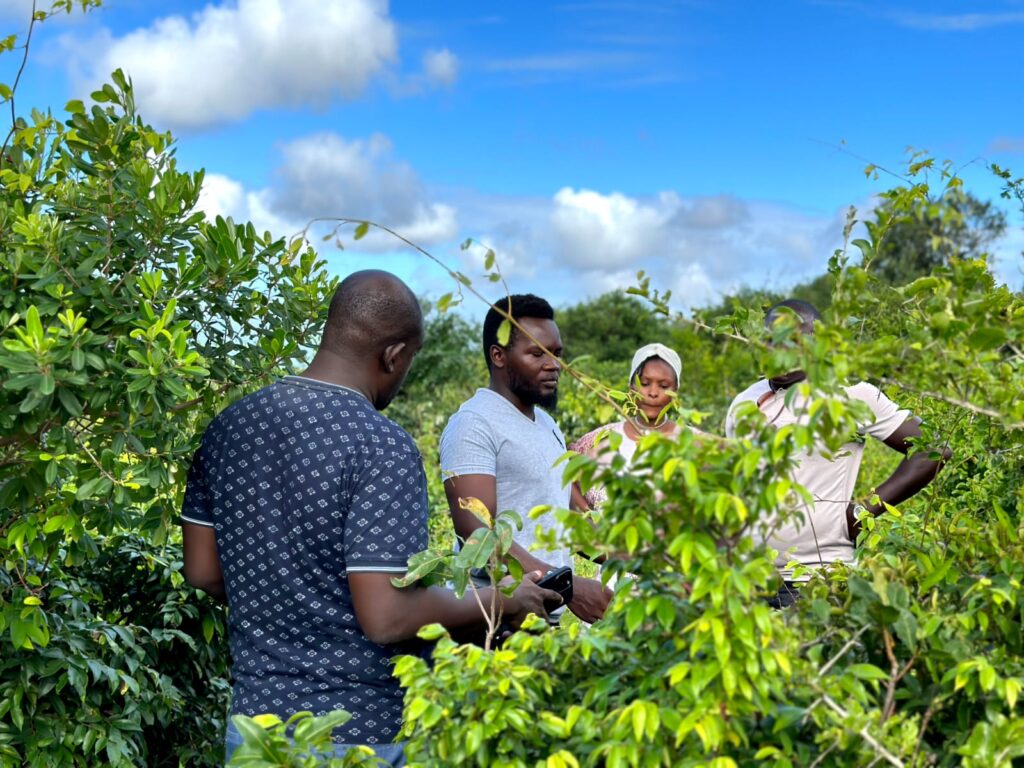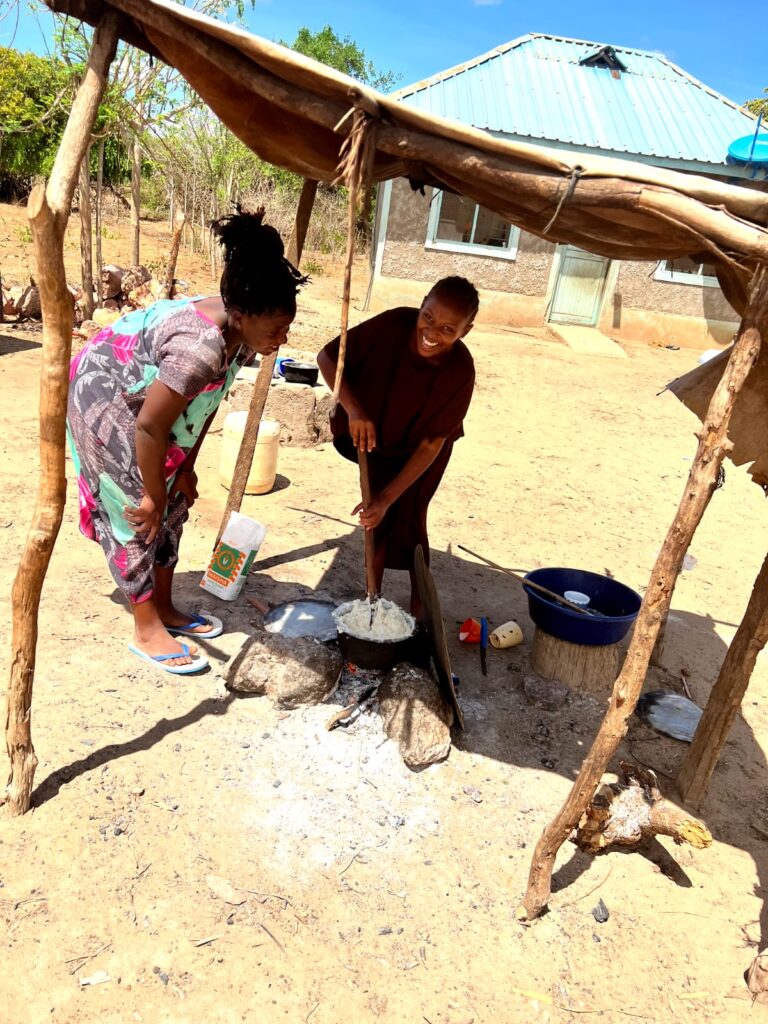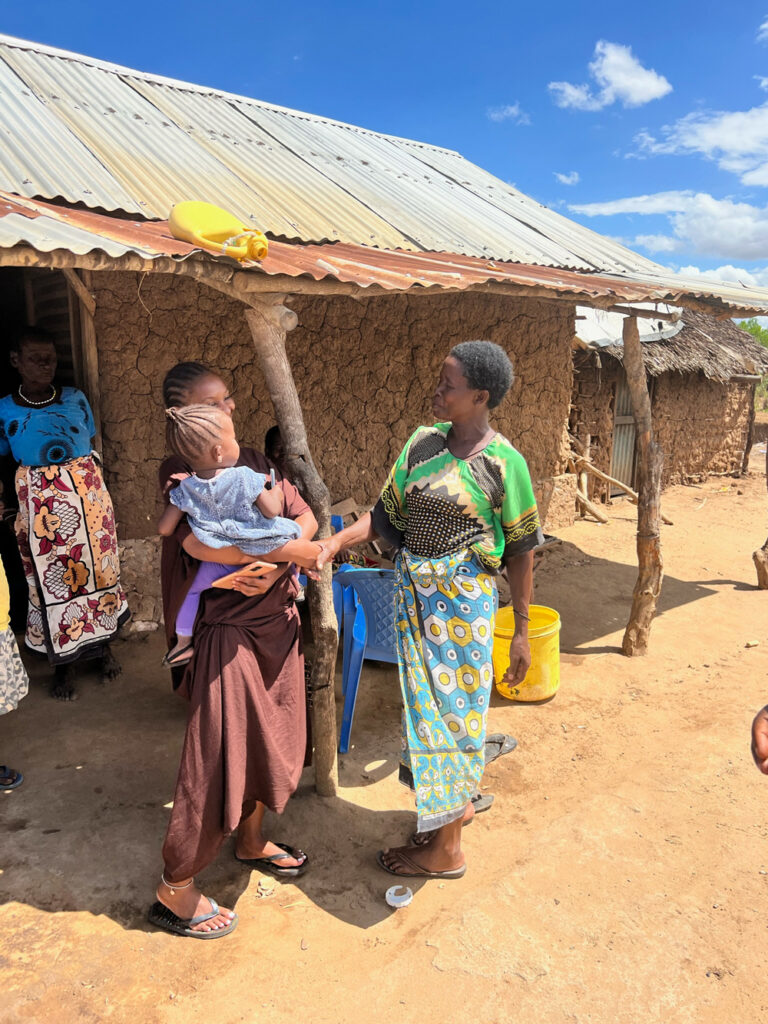
When Al Kags invited me to help him grow a 100-acre forest, I quickly said yes. I was very excited at the opportunity to re-ignite a passion in our community for conserving the environment, from building this legacy to enjoying the serenity, health and climatic benefits that this forest would bring. I say our community because since 2022, the people of Garashi village in Kilifi County adopted me as one of their own, and I felt right at home with the communities of northern Malindi, where I now live. They even gave me a name – Katune.
When I went to live in Garashi and other parts of northern Malindi in Kilifi County, my goal was to understand the community’s lifestyle, its effect on their environment and how it contributed to climate change. Whereas I had worked as a consultant in several environmental organizations, I always felt that there was something amiss: the voice of the communities – the people who lived in the villages, was not apparent.
Yes, they cut trees, and over the years, they decimated the lush woodlands of Sosoni and Adu for charcoal. I wanted to know why. What was the world missing as civil society organizations spent a lot of money in programs to get the citizens to plant and conserve trees? The only way I could see to understand the community perspective was to live among them and proverbially walk in their shoes.
And so I moved to Garashi.

I was hosted by Karembo, a young lady in her mid-twenties who worked as a caretaker of some single-room apartments and ran a small snack business. I was also under the wings of Janet, a community leader who served as the chairlady of fifteen women-based self-help groups and community women representatives.
Over three months, I spent my days with Janet and other women. I did daily chores with their children – fetching water from the community borehole, getting firewood and cooking for their usually large families. I spent many days with Janet and other women leaders at their community meetings, listening to them plan their development activities, holding their weekly table banking meetings and, in some cases, figuring out how they would work with a well-meaning NGO that wants to work with them.

Although they wanted to plant vegetables and fruits, they depended entirely on the rain for their farming. They wanted to give their children fruits and vegetables – a balanced diet, if you will – but they didn’t feel they had the needed ecosystem support. By then, I could see that they had developed a perspective that help needed to come from somewhere. They told me that if they got support for at least one year, it would have them on their feet, enabling them to sustain the farming and trading cycle and have some for their consumption.


Helplessness
I found that the community was aware of their behaviours’ negative environmental impacts. They didn’t quite understand the link between deforestation and rainfall but they did understand that cutting trees for charcoal was harmful in some way. They could link it to reduced animal food and higher temperatures. Still, they felt helpless. What were they to do and they needed to earn a living to survive?
As I work together with Al Kags, Elphic Tossi of One Million Trees for Kilifi, and Oliver Kagwe and his team at Thellesi Trust, I am excited that not only are we going to plant the trees, but we will work hard to mobilise and inspire our community in Magarini to grow trees in their own compounds. We shall find lasting incentives for them to grow trees in their own homes as well as work with us to grow the forest.
Over time, we hope that the communities will see that there is real value in growing trees.

